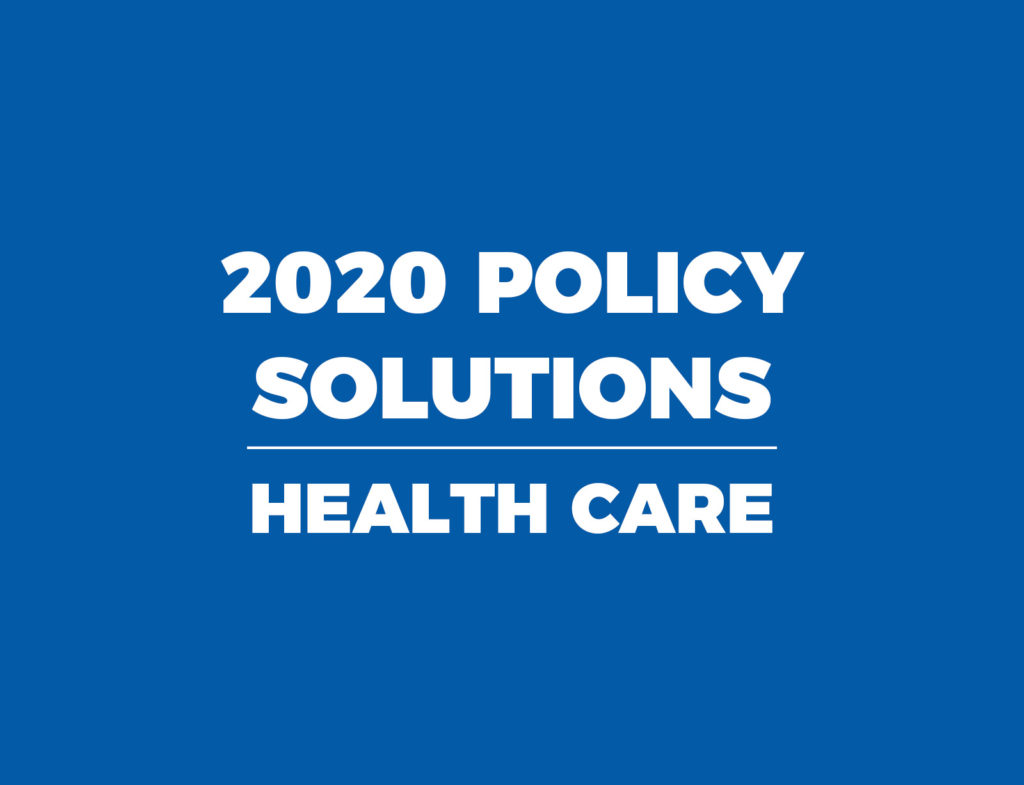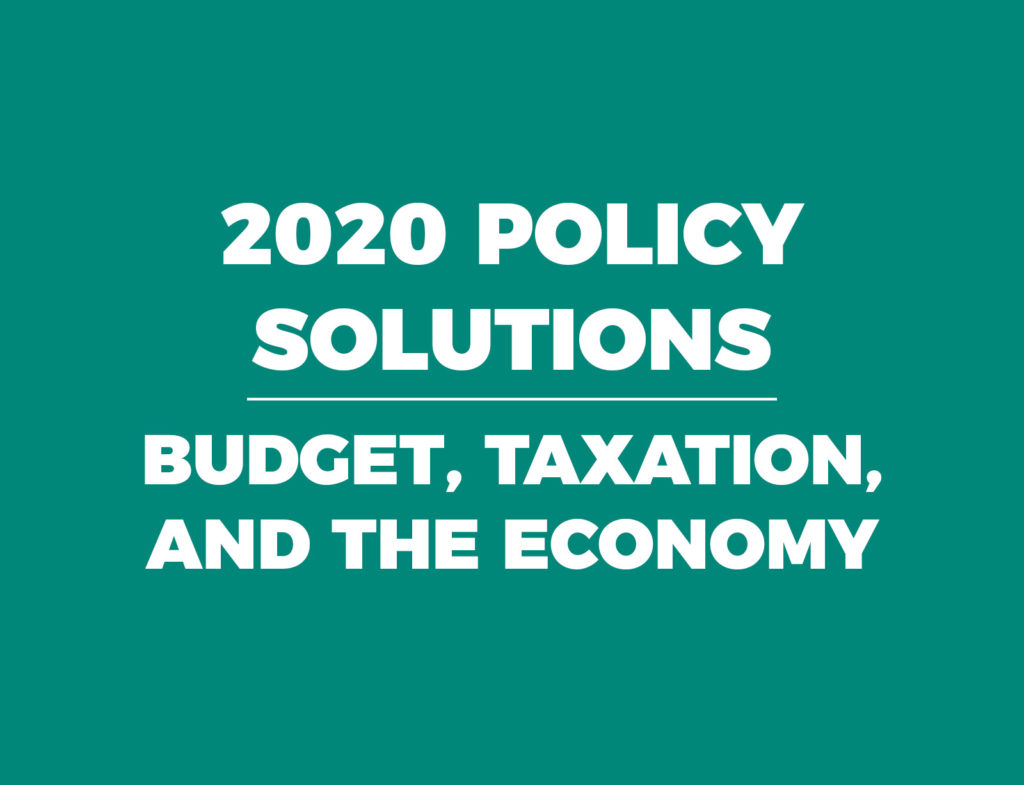Introduction
Updated as of January 2020.
Government needs to be open and accountable to taxpayers. Many of the tools needed to achieve that goal also help government employees succeed in their jobs. The State Auditor and the General Assembly’s Program Evaluation Division are the two entities that have done the most to examine state government performance.
It is hard to make information available to the general public if it does not exist or is in a format that reveals information protected by privacy laws or that can identify an individual company or person. Process and system problems have hampered past efforts to improve state government transparency and accountability. As a result, few could answer how many trucks the state owns or how much it costs to provide a driver’s license. In response, employees have created their own systems. Managers have retyped numbers from the accounting and budget systems into their own ad hoc spreadsheets to understand their agencies. The Department of Health and Human Services even used personally identifiable information in its invoices.
Few agencies have meaningful measures of their results, and even fewer make those measures available online. Without such measures, policymakers and agency managers can only guess what works and develop better ways to spend scarce tax dollars. This lack of transparency makes it difficult to reform government operations and improve efficiency.
Efforts to make information more available have had mixed success. In 2017, the Office of State Budget and Management (OSBM) received funds and direction to implement a Results First initiative with assistance from the Pew Charitable Trusts and the MacArthur Foundation. Lawmakers created the Office of Program Evaluation Reporting and Accountability (OPERA) in the Department of Health and Human Services in 2015, but after years providing appropriations with no staff and no reports, they sought to repeal it in the Fiscal Year 2019-20 budget.
New financial management systems are in the works for state agencies, community colleges, public schools, and the UNC System that could help answer questions about how well programs are working and how cost effective they are. If successfully implemented, these systems would integrate with one another, providing a single source with detailed information on how the state spends money.
Key Facts
- Until 2009, the governor’s budget proposal included performance measures. Agencies still have strategic plans and measures, but they are not systematically collected, analyzed, or connected to spending decisions.
- Financial systems in state government were designed to produce specific reports, not to provide performance analytics for management.
- Few programs at any level of government have been evaluated for effectiveness. Performance-based contracts have led to disputes over measurement and outcomes.
- North Carolina software company SAS created a new tool for the Office of State Budget and Management that allows citizens and government employees to explore or search for spending. OpenBudget contains data from fiscal years 2013 through 2019.
Recommendations
- Develop meaningful outcome measures for state agencies and hold them accountable for their results. Although state agencies have multiple missions that can seem disconnected from one another, each mission has programs with definable outcomes and performance measures. These measures should be considered while formulating budgets and should be presented with the budget.
- Continue to fund and implement transparency with new and updated software systems. Funding has been made available for new tracking and reporting systems in core government, public schools, community colleges, and universities. These systems should provide simple interfaces to enter, manage, and analyze financial and performance data. Each state agency should provide an easily accessible link to its transaction information on every page of its website.
- Experiment with Pay for Success (PFS) contracts. PFS contracts, also known as Social Impact Bonds, are public-private partnerships in the human services that measure results of interventions compared to targets over a set period. Initial funding comes from a foundation, investors, or a mix of private sources. If the project meets or exceeds those targets, the government provides a success payment and renews the program. Pay for Success contracts have been used in other states to build accountability into criminal justice, social services, and water infrastructure. They could have positive impacts here in North Carolina.



